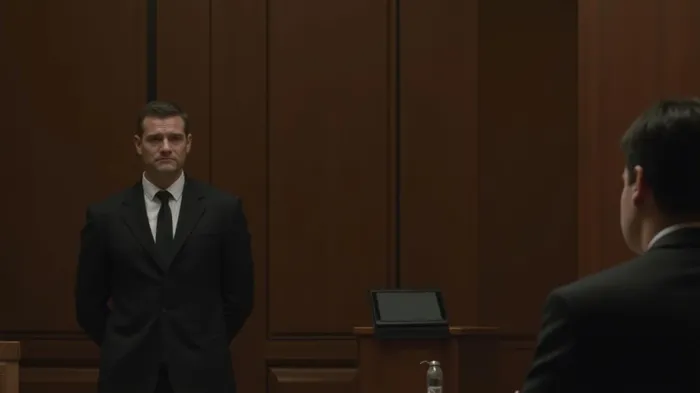Prosecutors Deny Withholding Evidence in Samourai Wallet Case
Federal prosecutors have denied allegations that they withheld crucial evidence in the case against the co-founders of Samourai Wallet, a cryptocurrency mixing service. In a letter filed on May 9 with a Manhattan federal court, the prosecution asserted that they had disclosed all “known substantive communications” with the U.S. Treasury’s Financial Crimes Enforcement Network (FinCEN) concerning Samourai Wallet well ahead of trial proceedings. Prosecutors claimed that the defense had access to this information for months and that “nothing more is warranted,” opposing the defendants’ request for a hearing.
The dispute revolves around a conversation between prosecutors and FinCEN staff that occurred in August 2023, six months before charges were filed. According to the defense, FinCEN officials indicated during this discussion that Samourai Wallet likely would not be classified as a Money Services Business (MSB) under current regulations, potentially negating the requirement for a FinCEN license. Samourai Wallet co-founders Keonne Rodriguez and William Hill, who were arrested in April 2024, were charged with conspiracy to operate an unlicensed money-transmitting business and money laundering. Both have pleaded not guilty and maintain they operated within legal boundaries.
In response, prosecutors stated they acted in good faith by sharing details of the call, which involved FinCEN’s Kevin O’Connor and Lorena Valente. They emphasized that the officials’ comments were informal and reflected personal opinions—not definitive regulatory positions. An internal email summarizing the call noted that Samourai Wallet’s lack of custody over user funds “would strongly suggest” it was not operating as an MSB. However, prosecutors highlighted that FinCEN staff “did not have a sense of what FinCEN would decide if this question were presented to their policy committee.”
Defense attorneys have used the FinCEN conversation as part of their argument to dismiss the case, claiming it shows Rodriguez and Hill were not legally required to register as money transmitters. They also referenced an April 2024 memo from Deputy Attorney General Todd Blanche, stating that the Justice Department would not prosecute crypto mixers for unintentional regulatory breaches. However, prosecutors dismissed the memo’s relevance, writing that it “may not be relied upon to create any right or benefit” and should not influence the court’s decision on the case.
U.S. prosecutors alleged that the duo facilitated over $2 billion in illicit transactions, including $100 million in money-laundering transactions tied to dark web markets. Both Hill and Rodriguez could face up to 25 years behind bars for the crimes, though the DOJ’s recent shift in crypto policy may alter their fate. The legal battle surrounding Samourai cofounders comes amid an improving regulatory environment in the US. Under the leadership of Paul Atkins, the SEC has already withdrawn or delayed several prominent cases against crypto firms.

Quickly understand the history and background of various well-known coins
Latest Articles
Stay ahead of the market.
Get curated U.S. market news, insights and key dates delivered to your inbox.



Comments
No comments yet